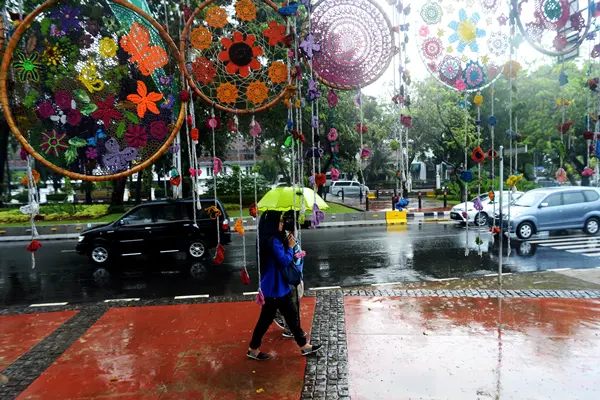A 10-year-old boy has told Sky News he will emulate his Star Wars hero when he's given a bionic hand for Christmas.
Cameron Millar, from Edinburgh, who was born without a hand, has crowdfunded the £10,000 for a new 3D-printed prosthetic.
The young Star Wars fan told Sky News: "I'll feel a lot like Luke Skywalker, my Star Wars favourite character, because in one of the movies Darth Vader chopped off his hand with his lightsaber. Now he has a bionic hand, so I feel a lot like Luke Skywalker.
"I want a bionic hand so that I'm not dragging along behind. Like at school when we're doing a writing activity a lot of people are writing a lot faster than me, so sometimes I need to go back to it the next day or after break or lunchtime."
"I can't build lego as fast as other people. I can't really play the drums and I can't do my guitar."
Cameron crowdfunded the money for his bionic hand with the help of Radio Forth's 'Cash for Kids' charity. He was born without a right hand and, despite its absence, is a right-handed child.
His mother, Margaret, told Sky News: "From a very early age, I realised that Cameron was right-sided dominant. If you went to hand him something, he would put his right arm out and it was difficult. As a baby, he couldn't understand why you couldn't hand him something.
"Because he's never had it (a right hand), he's just adapted and learned how to do things without it. It's only been since he's got a bit bigger that he realises he's different, other people realise he's different, and he actually wants to have a right hand."
Cameron's bionic hand has been developed by Bristol-based company Open Bionics and is the first of its kind to be medically-approved for use in Europe and the United States.
Whilst there are similar prosthetics on the market, this 3D-printed version is relatively cheap. It's currently undergoing clinical trials by NHS England and so may become available on the NHS.
The hand works by reading signals from the user's muscles. Sensors inside the hands socket pick up signals from muscles that would normally be moving their hand and fingers and the hand reacts accordingly.
Joel Gibbard, of Open Bionics, told Sky News: "We're trying to make bionic hands affordable and accessible. It can give kids a sense of self-confidence, a sense of pride about their prosthetics, about their limb differences and make them feel better abut being unique.
"There are other bionic hands on the market at the moment but the problem is that they are not made small enough for children and they are also really, really expensive so the vast majority of people can't afford to get them and the NHS can't afford to provide them."
(SKY NEWS)
 简体中文
简体中文

